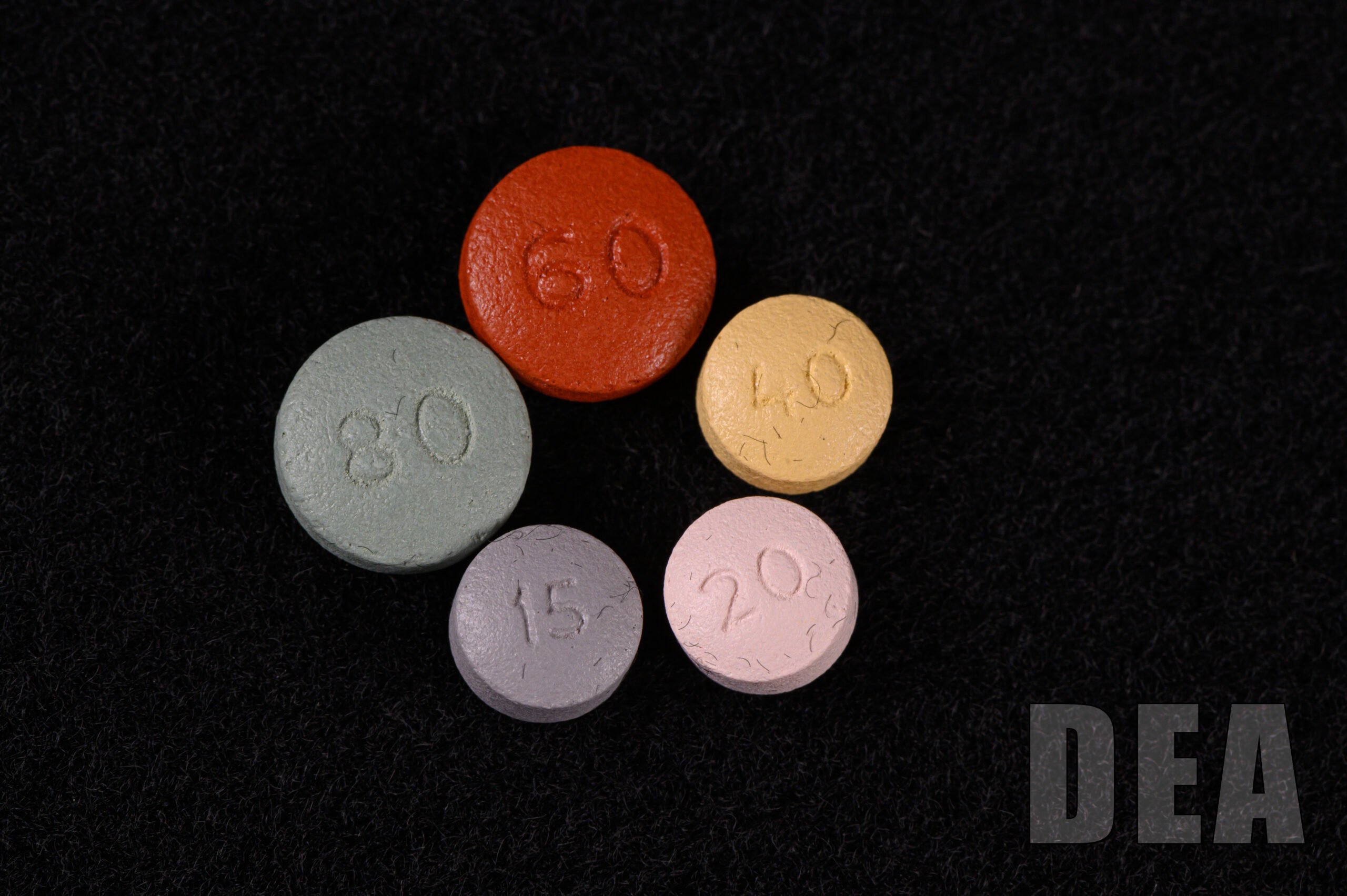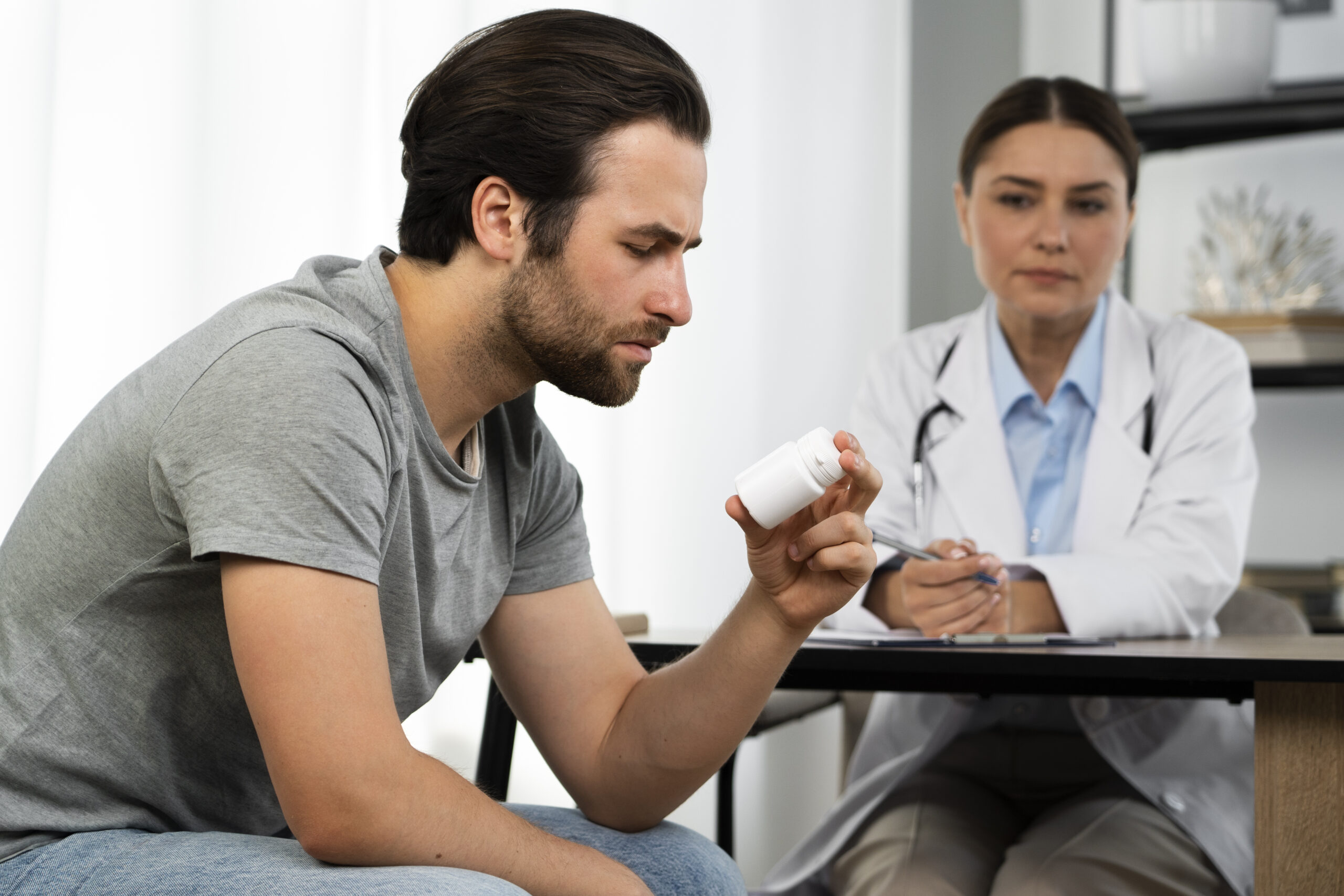Understanding Heroin Addiction
What is Heroin?
Heroin, a highly addictive opioid drug, is synthesized from morphine, a natural substance extracted from certain varieties of poppy plants. Its origins can be traced back to ancient civilizations, where it was initially used for medicinal purposes. However, over time, its potent euphoric effects led to widespread abuse and addiction.
When heroin enters the body, it rapidly converts back into morphine and binds to opioid receptors in the brain. These receptors are primarily involved in the regulation of pain and pleasure. Heroin abuse disrupts the normal functioning of these receptors, leading to an overwhelming sense of euphoria and relaxation. However, it also depresses vital life functions such as heart rate and breathing, which can be fatal in the case of overdose.
Heroin addiction is not just a physical dependence; it also profoundly impacts mental and emotional well-being. Chronic use alters the brain’s structure and chemistry, making it challenging for individuals to quit without professional help.
Causes and Risk Factors
- Genetic Factors
Genetics play a significant role in heroin addiction. Research suggests that certain genetic variations can increase susceptibility to opioid addiction. Individuals with a family history of substance abuse disorders might be at a higher risk of developing heroin addiction.
- Environmental Factors:
The environment also contributes significantly to heroin addiction. Factors such as exposure to drugs during childhood, peer pressure, and a lack of positive role models can influence a person’s likelihood of experimenting with and becoming addicted to heroin.
- Psychological Factors:
Underlying mental health conditions, such as depression, anxiety, or trauma, can increase the risk of heroin addiction. Individuals may use heroin as a way to self-medicate and cope with emotional pain or distress. Moreover, certain personality traits, like impulsivity and sensation-seeking behavior, can make someone more prone to substance abuse.
Signs and Symptoms
Heroin addiction manifests through a range of physical and behavioral signs:
Physical Signs
Constricted Pupils: Heroin use causes pupils to appear unusually small.
Drowsiness: Individuals under the influence of heroin often nod off or have extreme drowsiness.
Needle Marks: Users may have visible track marks, especially on their arms, from injecting heroin.
Flu-like Symptoms: Withdrawal from heroin can cause flu-like symptoms such as nausea, vomiting, and muscle aches.
Behavioral Signs
- Social Withdrawal: Heroin addicts may withdraw from social activities and isolate themselves from friends and family.
- Financial Issues: Constantly needing money to buy heroin can lead to financial problems and borrowing from others.
- Neglecting Responsibilities: Addicts often neglect responsibilities at work, school, or home.
- Changes in Behavior: Mood swings, irritability, and sudden changes in behavior are common.
Heroin Addiction Treatment Options
Heroin addiction is a treatable condition, and various evidence-based interventions are available to help individuals recover. Treatment options include:
Detoxification (Detox): Medical supervision during detox helps manage withdrawal symptoms and ensures the safety of the individual.
Medication-Assisted Treatment (MAT): Medications like methadone, buprenorphine, and naltrexone can help reduce cravings and withdrawal symptoms, making it easier for individuals to quit heroin.
Behavioral Therapies: Cognitive-behavioral therapy (CBT), contingency management, and motivational enhancement therapy are effective in addressing the psychological aspects of addiction and promoting long-term recovery.
Inpatient or Outpatient Rehabilitation: Inpatient programs offer intensive, 24/7 care, while outpatient programs provide therapy and support while allowing individuals to stay at home.
Support Groups: Joining support groups like Narcotics Anonymous (NA) provides a sense of community and ongoing support from people who understand the challenges of addiction.
Aftercare Planning: After formal treatment, aftercare programs, counseling, and continued participation in support groups are crucial for maintaining sobriety and preventing relapse.
Heroin addiction treatment is most effective when tailored to the individual’s needs and includes a combination of these approaches.
Heroin Addiction Recovery Strategies
Support Groups and Counseling
Support groups, and individual counseling play pivotal roles in the recovery process from heroin addiction.
- Support Groups: These groups offer a safe space where individuals can share their experiences, fears, and successes with others who have gone through similar struggles. The understanding and empathy from peers can be incredibly encouraging, and help individuals stay motivated during their recovery journey.
- Individual Counseling: Individual counseling, often facilitated by trained therapists or counselors, provides personalized support. Through one-on-one sessions, individuals can delve into the underlying causes of their addiction, develop coping strategies, and address any co-occurring mental health issues. Therapy sessions are tailored to the specific needs of the individual, offering a confidential and non-judgmental environment for self-exploration and healing.
- Continued Support: Aftercare programs provide ongoing support, ensuring individuals have access to resources and guidance as they transition back into their daily lives.
- Relapse Prevention: Through counseling, support group meetings, and educational sessions, aftercare programs equip individuals with effective coping mechanisms and strategies to avoid relapse triggers.
- Accountability: Regular check-ins and counseling sessions provide a level of accountability, motivating individuals to stay committed to their recovery goals.
- Skill Development: Aftercare programs often focus on developing life skills, such as stress management, communication, and problem-solving, which are essential for maintaining sobriety.
Healthy Lifestyle Choices
Maintaining a healthy lifestyle is integral to the recovery process. Adopting positive habits can significantly enhance overall well-being and reduce the risk of relapse.
Exercise: Regular physical activity improves physical health and boosts mental well-being. Exercise releases endorphins, which can alleviate feelings of depression and anxiety, common challenges during recovery.
Nutrition: Eating a balanced diet rich in nutrients supports the body’s healing process. Proper nutrition provides the energy necessary for physical and mental recovery, helping individuals feel better both physically and emotionally.
Sleep: Quality sleep is essential for the body to repair and regenerate. Establishing a consistent sleep schedule and creating a restful sleep environment can improve mood, cognitive function, and overall health.
Rebuilding Relationships
Rebuilding relationships with family and friends is a crucial aspect of heroin addiction recovery. Open communication, trust, and understanding are key components of this process.
Open Communication: Honest and open communication with loved ones is vital. Individuals in recovery should express their feelings, concerns, and progress while also actively listening to the concerns of their family and friends.
Making Amends: Acknowledging past mistakes and making amends, when appropriate, can help repair damaged relationships. This process should be sincere and respectful, demonstrating genuine remorse and a commitment to change.
Setting Boundaries: Establishing healthy boundaries is essential for both individuals in recovery and their loved ones. Setting clear expectations and respecting each other’s boundaries fosters a supportive environment.
Avoiding Relapse Triggers
Identifying and managing relapse triggers are fundamental skills for maintaining sobriety. Here are strategies to cope with triggers:
- Avoiding High-Risk Situations: Individuals in recovery should steer clear of places, people, and situations associated with drug use. Recognizing environments that may tempt them to use heroin and actively avoiding these situations can significantly reduce the risk of relapse.
- Developing Healthy Coping Mechanisms: Teaching individuals healthier ways to cope with stress, anxiety, or negative emotions is crucial. Engaging in activities like mindfulness, meditation, hobbies, or creative outlets can serve as positive coping mechanisms, providing emotional relief without resorting to substance use.
- Seeking Support: Encouraging individuals to reach out to their support network – friends, family, sponsors, or therapists – when they feel triggered can provide immediate help to prevent a potential relapse.
Seeking Help for Heroin Addiction
How to Help a Loved One
Supporting a loved one struggling with heroin addiction can be challenging, but your support can make a significant difference in their recovery journey.
Communication Tips
Express Concern: Approach your loved one with empathy and express your concerns without judgment. Let them know you are coming from a place of care and love.
Active Listening: Listen to their thoughts and feelings without interrupting. Sometimes, just having someone genuinely listens can be a powerful support.
Encourage Treatment: Encourage them to seek professional help to offer to assist in finding suitable treatment options.
Interventions
Professional Guidance: Consider involving a professional interventionist who can guide the process and facilitate a structured, non-confrontational conversation.
Love and Support: Reiterate your love and support for them, emphasizing that treatment is a positive step toward a healthier, happier life.
Conclusion
In summary, this article has explored various aspects of heroin addiction, treatment, recovery, and seeking help. Key takeaways include understanding the nature of heroin addiction, recognizing its signs, and comprehending the vital role of support, counseling, and therapy in the recovery process. Additionally, we discussed the significance of healthy lifestyle choices, rebuilding relationships, and identifying and managing triggers to prevent relapse.
Recovery from heroin addiction is a challenging journey, but it is absolutely possible with the right support, treatment, and determination. Every step taken toward seeking help, whether by the individual struggling with addiction or their loved ones, is a step toward a brighter, healthier future. It’s important to remember that relapses may occur, but they are not indicative of failure. Each day of sobriety is a victory, and with perseverance and support, individuals can rebuild their lives, mend relationships, and rediscover happiness. There is hope in every new day, and with the right resources and a strong support system, recovery is not just a possibility—it is a reality waiting to be embraced.
Contact Us and break free from opioid addiction: Your journey to recovery!



